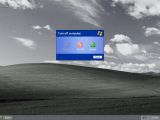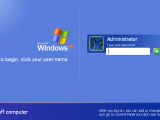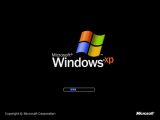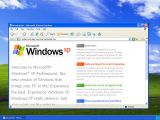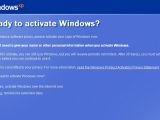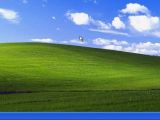Microsoft pulled the plug on Windows XP in April 2014, but despite this critical moment, plenty of users refused to upgrade, so at that moment, no less than 27 percent of the world's desktop computers were still running this OS version.
Windows XP, however, lost ground at a moderate pace in the last few months and statistics are now showing that the ancient operating system is almost entirely retired, despite the fact that market share figures point otherwise.
Context data indicate that volume sales of business computers in western Europe are dropping as a result of the Windows XP market share collapse following the end of support in April.
Still growing, but at a slower pace
Even though new PC sales aren't going as well as it happened earlier this year, a double-digit growth has still been experienced, with Context saying that PC sales in the first seven weeks of the fourth quarter increased by 16.9 percent as compared to the same period of the previous year.
But analysts expected even better sales figures, especially thanks to the approaching holiday season, and claim that the Windows XP market share drop is one of the reasons why businesses are no longer interested in upgrading their hardware configuration.
And they do make sense. Many enterprises are already on newer operating systems, such as Windows 7 and Windows 8, and with Windows 10 already in development, there's no need to purchase a computer running a new platform right now.
“Business growth has seen a slowdown over the past few months as the XP migration effect is lessening. [But] unlike consumer growth however, the rise in business sales in early Q4 2014 again came on the back of a positive performance one year ago,” it's mentioned in an analysis made by Context and obtained by ChannelWeb.
Windows 10 to the rescue
With PC sales now below expectations, all hopes are on Windows 10, the next operating system prepared by Microsoft which should convince more users to upgrade their computers and buy new hardware to run the revamped modern platform.
Windows 10 will bring lots of improvements for the desktop, including a brand new Start menu, whose removal was one of the most controversial decision in Windows 8.
At the same time, Microsoft is also working to implement more options in Windows 10 based on consumer feedback, so features such as multiple desktops, a notification center, and new animations could also be part of the upcoming release.
Windows 10 is projected to see daylight next year, while a Consumer Preview should ship in January or February.
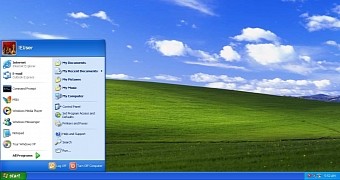
 14 DAY TRIAL //
14 DAY TRIAL // 
